November 30, 2024
NDIS Tips
Conflicts of interest in the NDIS provider market

In the world of disability services, conflicts of interest happen when a provider’s personal or financial interests clash with their responsibility to prioritize the best outcomes for participants. These conflicts can be direct or indirect but must always be addressed to maintain trust and transparency.
For National Disability Insurance Scheme (NDIS) providers like Abled Care Services, avoiding and managing such conflicts is critical to delivering ethical, participant-focused support.
Why Managing Conflicts Matters in the NDIS
Managing conflicts of interest is about more than ticking boxes—it’s about ensuring participants have full control over their choices. Here’s why it’s so important:
Empowering Participants
Participants deserve unbiased advice and access to fair opportunities.
Fostering Trust
Clear conflict management builds confidence in the NDIS system.
Promoting Ethical Standards
Providers must prioritize participant needs above business interests.
Key Insights from the NDIA’s Position Statement
In May-July 2024, the NDIA conducted co-design sessions to understand how conflicts of interest affect participants and providers. The outcome?
A Position Statement and comprehensive resources to help manage these challenges.
Key Expectations for Providers:
- Avoid Conflicts of Interest: Whenever possible, providers should steer clear of conflicts entirely.
- Declare Conflicts: All conflicts must be openly disclosed.
- Ensure Transparency: Participants and their supporters must fully understand the nature of any conflict.
- Engage in Dialogue: Discuss risks and management strategies with participants.
- Document and Review: Create strategies to handle conflicts and regularly revisit them.
Tools and Resources to Navigate Conflicts
The NDIA has provided valuable resources to help providers and participants:
Position Statement
Clear guidelines for providers to align their policies.
Website Information
Easy-to-digest details on conflicts of interest.
Participant Guide
A handbook on identifying and managing conflicts.
Support Coordinator Updates
Tailored advice for coordinators to navigate challenges.
Case Study Factsheets
Real-life examples for better understanding.
Checklists
Practical tools to ensure thorough conflict management.
Abled Care Services’ Approach to Conflict Management
At Abled Care Services, we pride ourselves on being proactive about conflict of interest management. Here’s how we align with NDIA’s guidelines:
- Transparent Policies: We keep participants informed about any potential conflicts and how we plan to handle them.
- Regular Reviews: Our team routinely assesses and updates our strategies to reflect best practices.
- Participant-Centric Dialogue: Open conversations with participants ensure their needs and choices always come first.
- Commitment to Excellence: We continuously educate our staff to manage conflicts effectively and ethically.
Our goal is simple: empower participants with full autonomy and confidence in their care decisions.
Conclusion
Conflicts of interest may be inevitable in some situations, but they don’t have to be a barrier to providing exceptional care. By fostering a culture of openness, accountability, and collaboration, NDIS providers like Abled Care Services can lead the way in ethical service delivery.
Want to learn more about conflict management in the NDIS? Visit the Conflicts of Interest webpage or get in touch with Abled Care Services to see how we’re making a difference.




